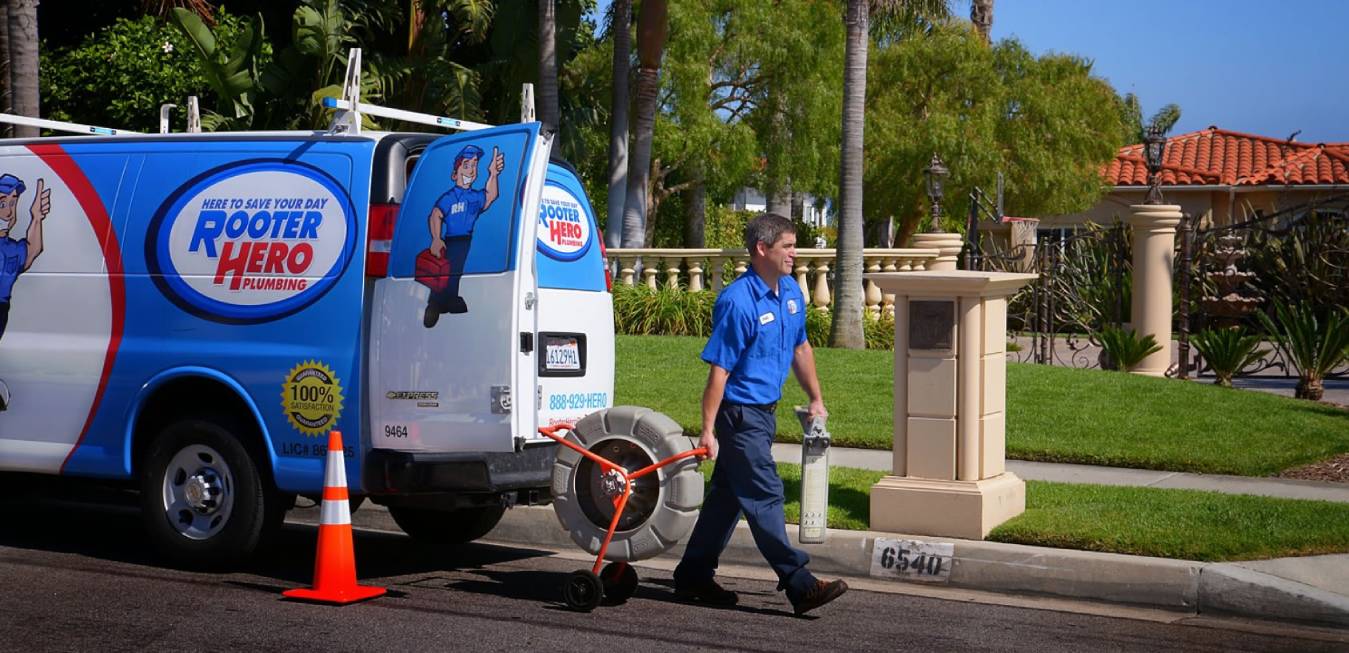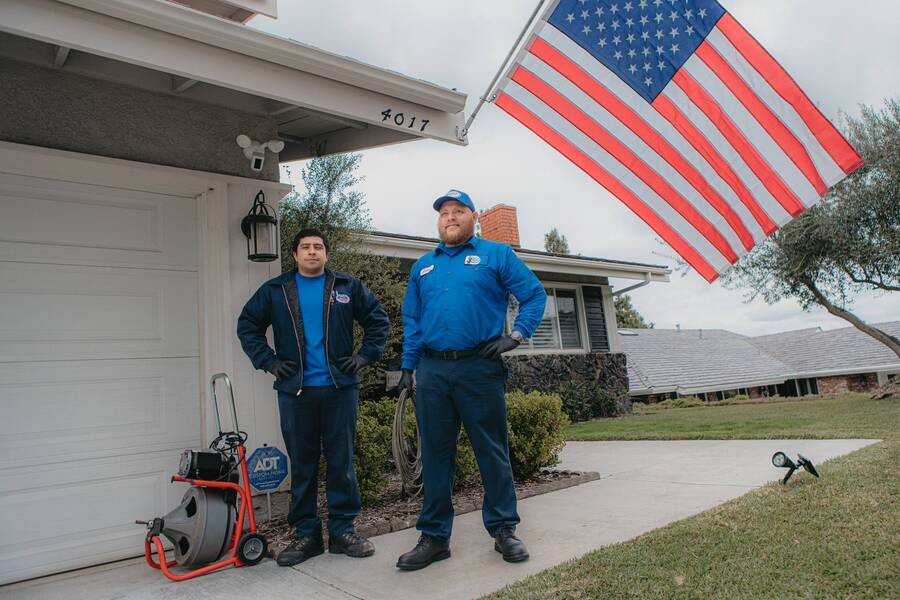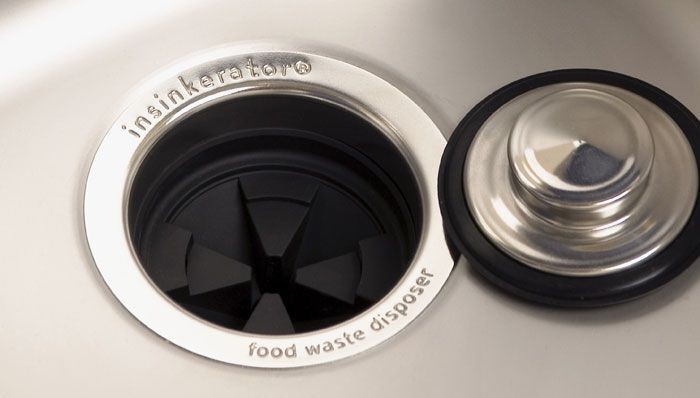
The Cold Hard Truth about Your Clogged Drains
It’s time to get serious and down to business. Let’s talk about those clogged drains in your home. Are you fed up with the way your toilets and sinks drain? It’s quite possible if these components of your plumbing system could talk that they would tell you that you’re part of the problem. Your toilets and sinks are not being rude, and neither are we. The cold hard truth about common drainage problems is that homeowners’ habits are to blame the majority of the time. While age and incorrectly installed pipes can be reasons for slow-flow drains, leaks, and frequent backups, most clogged drains are the direct result of flushing the wrong items down the toilet and putting things in sinks and garbage disposals that belong in the trash.
What Not to Flush
Let’s talk about your household toilets first. A backed-up toilet is frustrating and unpleasant. Sometimes problems with sewer pipes like tree roots growing around the line can cause clogs, but more likely than not the problem is with what is being flushed. Toilets are not trash receptacles. The toilet itself as well as the drain and pipes that move waste water out of the home are not designed to handle non-organic material. Here are common items that our plumbers find in pipes that cause a lot of problems:
- Feminine hygiene products
- Diapers
- Baby wipes
- Paper towels
- Q-tips
- Facial tissue
- Washcloths
- Children’s toys
So, what can you flush? Toilet paper is the only item that is acceptable to flush. And, you need to be mindful of how much toilet paper you flush. Without getting too personal, if you need to use large quantities, flush a little at time. Also, if you have a septic system, make sure the toilet paper you purchase is septic-approved. Most major brands of toilet paper meet the criteria for septic tanks, but generic, off-brands may not.
Using the Sink
After the toilet, household sinks are the other plumbing component that is frequently misused. While most households are careful about putting so-called garbage like wrappers and paper products in the sink, they aren’t so careful when it comes to rinsing substances that harden as they cool. Cooking oil, butter, fat, and even fatty and greasy food bits should also be thrown in the garbage. Rinsing these down the sink or even placing them in the garbage disposal can lead to problems. These kinds of substances harden as they cool. Even though you may run hot water while rinsing or grinding them, they can still exist further in the pipes and will eventually cool creating a small clog. You may not notice a problem right away, but the more you continue this habit the larger the clog will become until it makes it impossible for water to pass.
Routine Drain Cleaning Catches Problems Early
Save money and avoid potential plumbing nightmares by investing in routine drain cleaning services. Most residential drain cleaning is under $100 dollars and can give you peace of mind. If you’re not ready to commit to yearly drain cleaning, at the very least consider the service if you’ve hosted a large party or a holiday get-together. Plumbing systems can be put to the test with the increased usage. Want more tips on keeping your home’s plumbing system in top condition? Check out our other blog articles or give a Rooter Hero Plumbing associate a call to learn more about our drain cleaning services.






